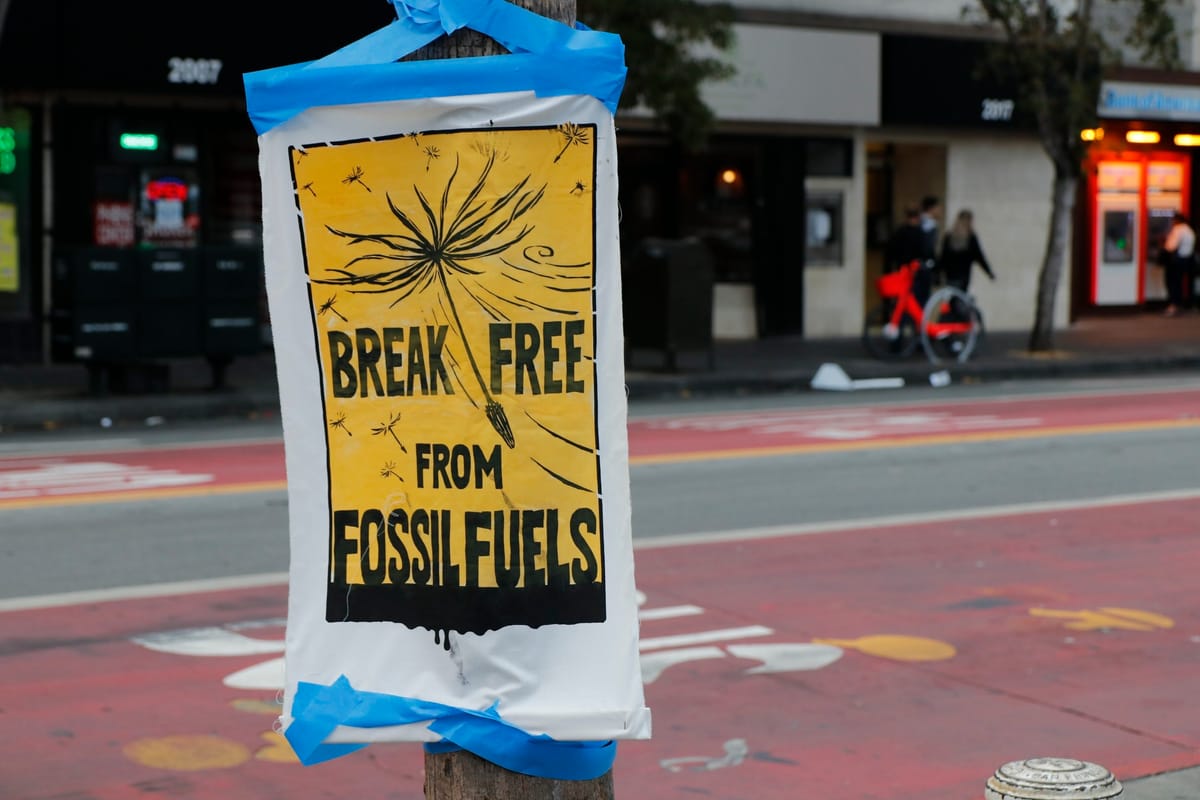



Ecofeminism is often defined as "a philosophical or political movement that's focused on how women, nature, and oppression are interconnected." As author Mary Everett, who has been studying both feminism + the environment for a decade, notes, "it's become obvious to me that issues in nature almost always occur alongside the oppression of women."
Why + How?
Women "who are the head of their household — especially poor, rural women — are disproportionately exposed to environmental issues such as deforestation, water pollution, and various environmental toxins."
So, "ecofeminism works to create alternatives and solutions outside of those informed by the biased views and opinions of those who are least affected," i.e., men in the same communities.
Quoting activist Vandana Shiva, "there are many people who see only two possible outcomes from the climate crisis: human beings find a way to escape the planet, or we become extinct. With ecofeminism, there's a third option: "no extinction, [no] escape, we stay here on this planet and protect it."
How can you practice ecofeminism??
Quoting Associate Professor Sandra Haggard at the University of Maine, "my personal approach has been to educate myself on the ties between the oppression of women and nature and then to advocate for them as often and in as many ways as possible," including by "living and voting with feminism and the environment top of mind."
Read the Mary Everett PopSugar article here.